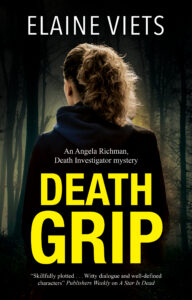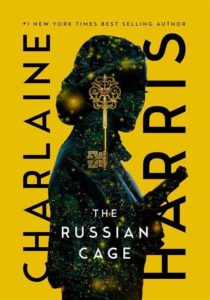
San Quentin
Photo credit: wikimedia
by Debbie Burke
@burke_writer
Today, let’s welcome another Brave Author who submitted a first page for feedback and suggestions. The genre is Private Eye Mystery. Please enjoy reading then we’ll discuss.
They Call it Street Justice
I parked at the curb in front of San Quentin even though it was a No Parking zone. I leaned against the front fender of my Ford and lit up a Camel. Several people came and went. Most looked like lawyers. Big briefcases, fedoras, and shiny shoes. Each time someone came out, I compared them to the photograph Walton Finesse Smith, Lawyer had given me of Harold Darby. Good old Harold probably look different now.
No matches so far.
I smiled at the guard stationed outside the front door. I could tell he was pissed because I told him that Governor Gordon Knight had given me special permission to park at the curb. I’d given him the Governor’s business card with ’Special Permission” handwritten on the back. He still didn’t believe me, but couldn’t figure how to prove I was fibbing to him.
Ten minutes and two Camels later, a gray-haired geezer who could have been my man stepped out into the sunshine. He sighed. I crushed out my cigarette out the bottom of my loafer.
“Are you Harold Darby?”
“Yeah. Who the hell are you?”
“My name is Jack Rhodes. I work for your lawyer. He asked me to meet you and bring you to his office.”
“Doing what?”
“I don’t understand.”
“What do you do for my lawyer. I’m not getting into a car, no matter how sharp it is, until I know who’s doing the driving.”
Tough guy. “Usually, I do investigations for him. Today, I’m your chauffeur.”
“Why didn’t he come?”
“Hell if I know. Lawyers. What can I say?”
He shrugged.
“Anyone else plan to meet you?”
A half-hearted laugh slipped out. “No. No one else gives a damn.”
“Your wife?”
“I doubt it.”
We piled into the Ford.
“Beautiful day,” he said.
I put the convertible top down. Darby didn’t say anything, but he seemed to enjoy to wind in his hair.
“You hungry? There’s a good place for burgers and shakes in Richmond.”
“I didn’t kill him.”
“Yeah? Why did they lock you up in the big Q? Practical joke?’
“I don’t like you.”
I get that a lot.” I stopped at the stop sign. Then turned toward the highway to Richmond. “Look pal, it’s going to be a long drive back to Los Angeles and I don’t need you ragging on my ass all the way. You want the burger?
~~~
I always enjoy retro hard-boiled noir. We meet Jack Rhodes, a wise-cracking, smartass detective on a mission to pick up a newly-released convict at San Quentin prison. Rhodes’s employer is a lawyer with the nifty name of Walton Finesse Smith who wants to meet with his client, Harold Darby.
The Brave Author has done a good job of avoiding the dreaded info dump that bogs down many first pages. Details are slipped in seamlessly but a little too sparingly. The reader could use more information, like when the story is happening.
Except for the mention of former California Governor Knight (BTW, the correct first name is Goodwin, not Gordon), the time is not specified. Knight’s term ran from 1953-59 but few readers will know that w/o looking it up. I suggest pinning down the era with a year. For instance, you might identify Rhodes’s car as, say, a 1956 Ford Fairlane Sunliner.
Instead of saying “Darby had been in San Quentin for XX years,” the author uses a barely-recognizable photo to show how Darby has changed during a long prison sentence. Well done.
The author might further use the photo to describe what Darby looked like in his younger days, then contrast that appearance with how he looks now.
The “special privileges” card from the governor is another hint that’s smoothly inserted, implying either Rhodes or his boss enjoys political influence. That establishes the detective as higher on the food chain than the stereotypical hard-luck gumshoe. The reader’s curiosity is tickled—why did the governor grant that status? What’s the backstory?
More intriguing questions are raised when Darby claims “I didn’t kill him.” Murder usually earns a life sentence so why is Darby being released? Why does Walton Finesse Smith want to see his client now? Was a deal cut with the governor? Who is the victim?
Generally, the Brave Author has achieved a good balance between raising curiosity and avoiding confusion. This page intrigues but doesn’t overwhelm. With too little information, the reader becomes mystified and frustrated. With too much, the story bogs down. Enrich this page with a bit more detail and it will be even more effective.
Although not a great deal of action happens on this first page, there is still a good sense of forward momentum in the story.
I color-coded suggested edits.
Blue is the original text.
Red demonstrates ways to combine sentences and rearrange the order to convey information more concisely.
Green indicates possible ways to go deeper into Rhodes’s POV, revealing more of his thoughts and reactions to give the reader more insight into his personality.
I parked at the curb in front of San Quentin even though it was a No Parking zone. I leaned against the front fender of my Ford and lit up a Camel. [suggest you move the following passage to later] Several people came and went. Most looked like lawyers. Big briefcases, fedoras, and shiny shoes. Each time someone came out, I compared them to the photograph Walton Finesse Smith, Lawyer had given me of Harold Darby. Good old Harold probably look different now.
To quickly establish that Rhodes flouts rules and has political influence, the author could rearrange the order as shown below:
I parked in the No Parking zone at the curb in front of San Quentin, got out, leaned against the front fender, and lit up. Before I finished my first Camel, the guard glared at me and approached. I flicked Governor Goodwin Knight’s business card at him. “The governor sends his greetings,” I said then indicated the handwritten notation on the back. It read: Special Permission.
The guard’s sneer said he didn’t believe me but he couldn’t figure out how to prove I was fibbing to him. He returned to his post at the gate, still casting suspicious glances at me. I smiled. He didn’t smile back.
Several people came and went. Most looked like lawyers. Big briefcases, fedoras, and shiny shoes. Each time someone came out, I compared them to the photograph [that] Walton Finesse Smith, Lawyer had given me of Harold Darby. Good old Harold probably look[ed] different now.
No matches so far.
The above paragraph could be tightened like this:
I smoked another Camel while I compared a black-and-white photo with the few men who walked out of the gate. Most looked like lawyers—big valises, fedoras, and shiny wingtips. No matches so far.
Walton Finesse Smith, Attorney at Law, had given me the snapshot to identify Harold Darby. Good old Harold probably had a few more miles on him since the shot was taken. San Quentin did that to a guy.
Ten minutes and two Camels later, a gray-haired geezer who could have been my man stepped out into the sunshine. He sighed. I crushed out my cigarette on out the bottom of my loafer.
“Are you Harold Darby?”
Make clear that Darby came through the prison gate. Also give Rhodes’s reaction to the man.
A gray-haired geezer who might be my man stepped through the prison gate into the sunshine. Looked like 80 but was probably 60. He sighed.
I crushed out my cigarette on the sole of my loafer and walked toward him. “Are you Harold Darby?”
“Yeah. Who the hell are you?”
“My name is Jack Rhodes. I work for your lawyer. He asked me to meet you and bring you to his office.”
“Doing what?”
“I don’t understand.”
“What do you do for my lawyer? I’m not getting into a car, no matter how sharp it is, until I know who’s doing the driving.”
Use this opportunity to set the time period with a short description of Rhodes’s car.
“What do you do for my lawyer?” He eyed my aquamarine ’56 Ford Fairlane Sunliner. “I’m not getting in a strange car, no matter how sharp it is, until I know who’s doing the driving.”
Tough guy. “Usually, I do investigations for him. Today, I’m your chauffeur.”
“Why didn’t he come?”
“Hell if I know. Lawyers. What can I say?”
Describe Darby through Rhodes’s eyes.
I scanned Darby’s features, deeply-lined forehead, gray eyes sunken in dark hollows. “Anyone else plan to meet you?”
A halfhearted laugh, more like a gag. “No one else gives a damn.”
“Your wife?”
“Especially not her.”
We piled into the Ford.
“Beautiful day,” he said. Delete dialogue that doesn’t move the story forward.
I put the convertible top down. Darby didn’t say anything, but he seemed to enjoy to wind in his hair.
[Needs attribution] “You hungry? There’s a good place for burgers and shakes in Richmond.”
Combine sentences to condense action. Add more of Rhodes’s thoughts about Darby.
We piled into the car and I lowered the convertible top. As I drove, he raised his face to the bright sun. How long since Darby had felt a breeze blowing his hair?
“I didn’t kill him.”
What is Darby’s tone? Defensive, bitter, defeated? Does he spit out the words? Or is he weary after repeating the denial a thousand times?
The statement signals what is likely the main plot problem—the wrongly-convicted, innocent man. Because that is a common trope in PI fiction, look for ways to give it a fresh angle.
What is Rhodes’s internal reaction to Darby’s denial? Is there an unusual hint in Darby’s manner or tone that raises Rhodes’s interest?
“Yeah? Why did they lock you up in the big Q? Practical joke?”
Make Rhodes’s retort sharper. “Yeah, damn shame about you and all those other innocent guys in the big Q.”
“I don’t like you.” Show Darby’s reaction with facial expression or gesture.
[Missing quote] “I get that a lot.” I stopped at the stop sign. Then turned toward the highway to Richmond. “Look, [missing comma] pal, it’s going to be a long drive back to Los Angeles and I don’t need you ragging on my ass all the way. You want the burger?” [Missing quote]
Suggest you cut the phrase ragging on my ass all the way. It doesn’t fit since Darby has mostly been neutral or quiet until Rhodes challenges his profession of innocence.
“I get that a lot.” I braked at a stop sign then turned toward the highway to Richmond. “Look, pal, it’s a long drive back to Los Angeles. You want the burger?”
General suggestions:
The title They Call it Street Justice sounds weak because “They” and “It” are vague pronouns. Who are They? What is it?
Street Justice is a stronger title but has already been used for books, TV shows, and movies. Maybe someone can suggest better title ideas in the comments.
Ending a name with an “S” adds unnecessary complication in the possessive form and makes editing consistency tough—hard to remember if you used Rhodes’ or Rhodes’s. Also, in audiobook form, Rhodes’s sounds awkward. For those reasons, I try to avoid names that end with “S”.
Rhodes seems a bit flat as a character. Try to add more of his thoughts, feelings, and reactions. He doesn’t necessarily have to be likable but give the reader a reason to follow him through the story.
When setting a story in the past, carefully check historical references (like Governor Goodwin Knight’s name). Factual errors undermine the reader’s trust.
There are several places with extra spaces after words or missing punctuation. Also, use only one space after a period, rather than two. Those of us who learned to type on a typewriter have trouble breaking that old habit. However, two spaces after a period in an ebook causes formatting to go wonky.
The author withholds information but offers enough details that the reader can follow what’s going on without becoming confused and frustrated. That’s a tough balance to achieve but this page succeeds. Well done!
This is a promising start with a strong sense of forward momentum. Thank you for sharing, Brave Author!
~~~
TKZers: Does this first page draw you in? Do you have suggestions for today’s Brave Author?
Many years’ worth of First Page Critiques are available in TKZ’s library in the top main menu bar. Writers often say reading critiques of others’ work helps them spot problem areas in their own. Check out the free, useful resource at this link.
~~~
Side note: I recently interviewed Tillman Rosenbaum, the brilliant, cynical attorney in my Tawny Lindholm Thriller series. Over Tillman’s vigorous protests, the interview was published on The Protagonist Speaks and you can read it here. Thanks again to Assaph Mehr!



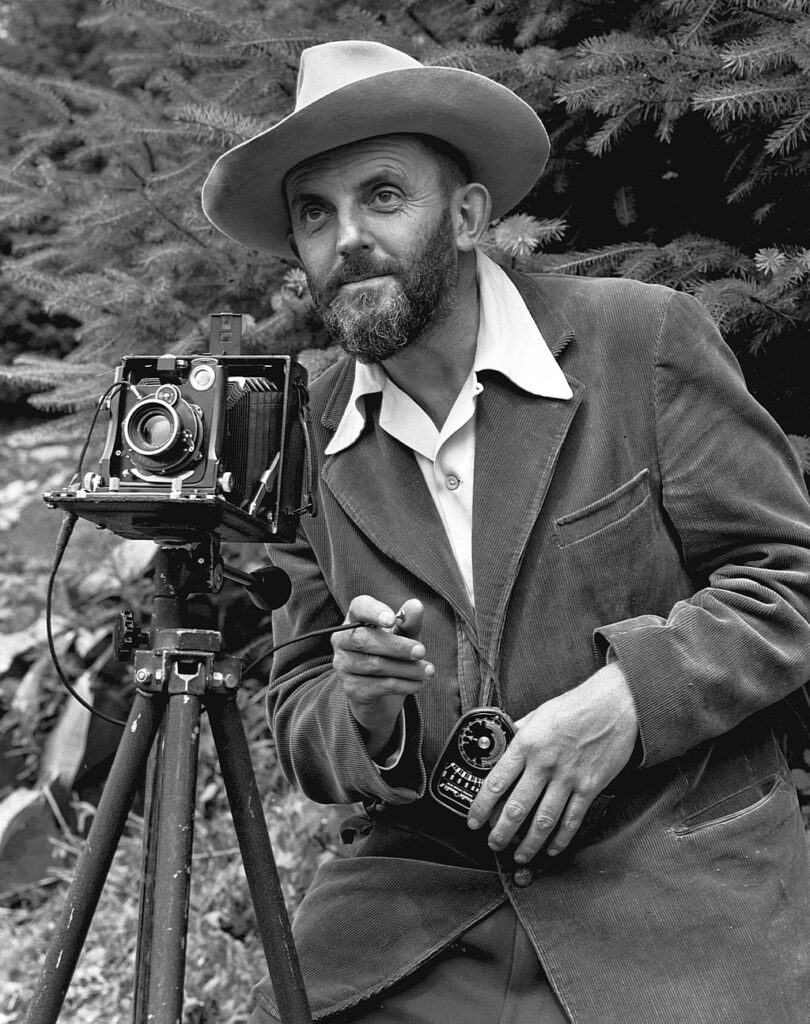
 And I think you learn a lot on both ends—mentor and mentoree (master/protégé). I’ve been commercially writing for a while now and when I put together a “mentorship” program for the
And I think you learn a lot on both ends—mentor and mentoree (master/protégé). I’ve been commercially writing for a while now and when I put together a “mentorship” program for the  Dr. Phillips-Jones says that effective mentoring requires more than common sense. Her research indicates that mentors and mentorees who develop and manage successful mentoring partnerships demonstrate specific and identifiable skills that enable learning and positive change to take place. She notes that unless a fairly structured process and specific skills are applied, mediocre relationships occur.
Dr. Phillips-Jones says that effective mentoring requires more than common sense. Her research indicates that mentors and mentorees who develop and manage successful mentoring partnerships demonstrate specific and identifiable skills that enable learning and positive change to take place. She notes that unless a fairly structured process and specific skills are applied, mediocre relationships occur. My Google trip took me to a place called Masterclass. You might have heard of it. I found a short but sweet post called
My Google trip took me to a place called Masterclass. You might have heard of it. I found a short but sweet post called 
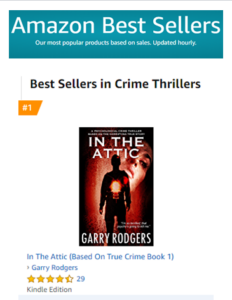 Garry Rodgers is a retired homicide detective with a second career as a coroner. Now, Garry’s a crime writer and indie publisher of sixteen books including an international bestselling based-on-true-crime series.
Garry Rodgers is a retired homicide detective with a second career as a coroner. Now, Garry’s a crime writer and indie publisher of sixteen books including an international bestselling based-on-true-crime series.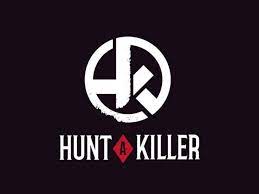
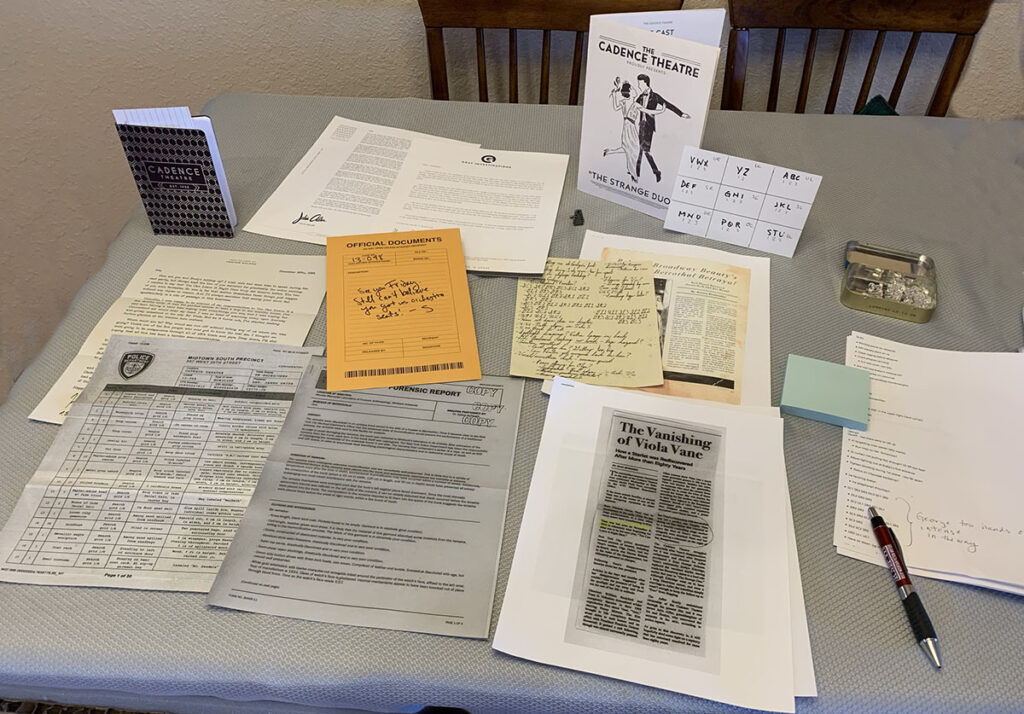
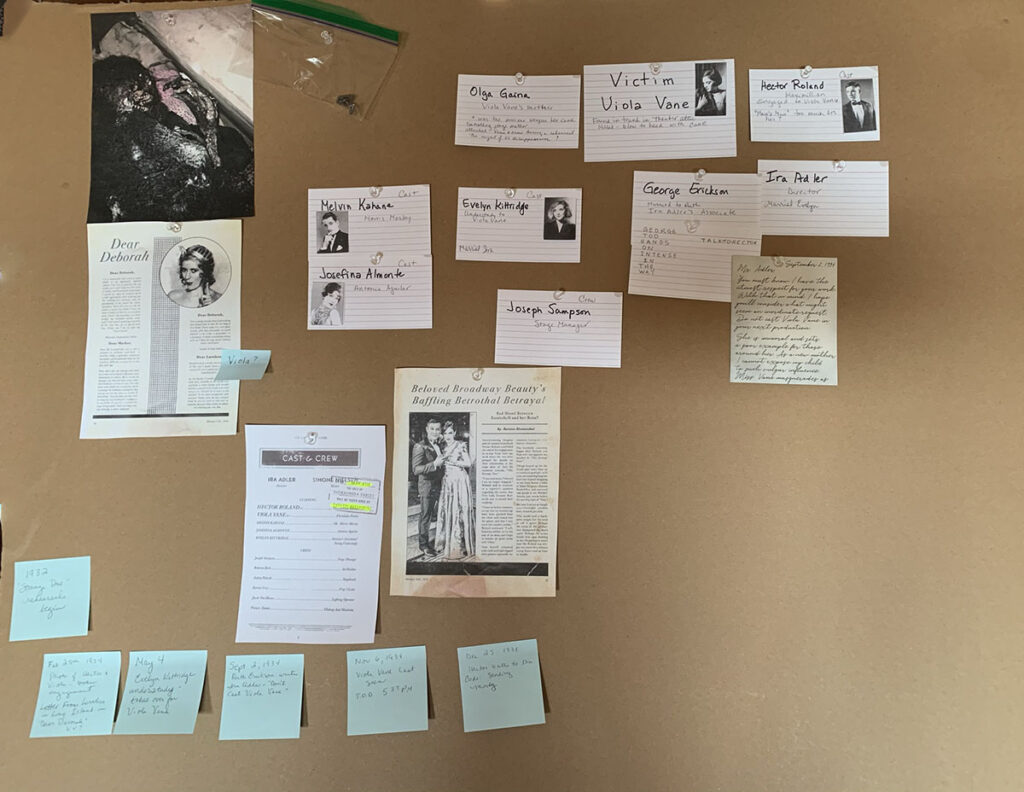
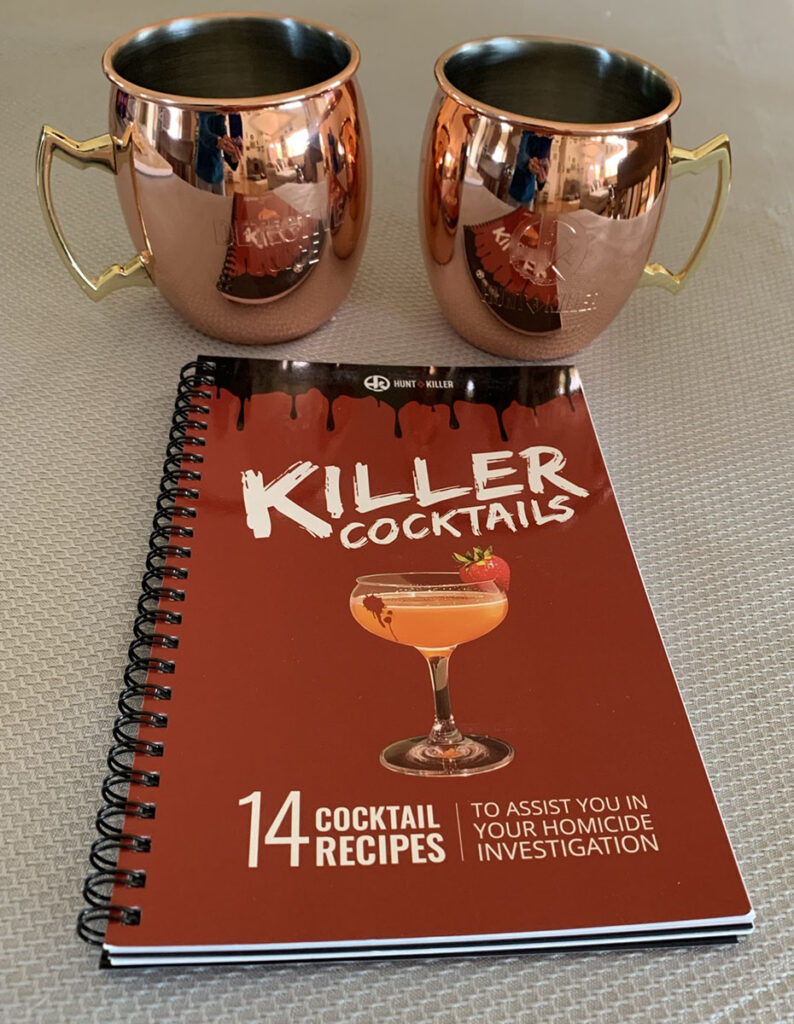


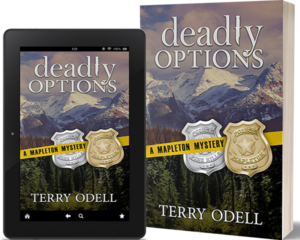





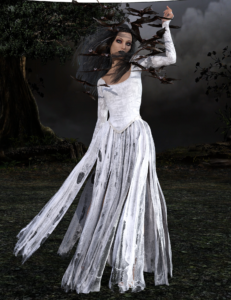 Gather ’round, readers, and make sure the lights are on. Today, we’re critiquing a “murder ghost story,” a first page critique by a brave anonymous author. Read it first, and then I’ll discuss it. Here goes:
Gather ’round, readers, and make sure the lights are on. Today, we’re critiquing a “murder ghost story,” a first page critique by a brave anonymous author. Read it first, and then I’ll discuss it. Here goes:
 Death is the ultimate mystery, and we all wonder what will happen when we meet our end. Our Brave Author gave us an imaginative look at the other side. This first page is readable and well-written, but I’d like to suggest some changes.
Death is the ultimate mystery, and we all wonder what will happen when we meet our end. Our Brave Author gave us an imaginative look at the other side. This first page is readable and well-written, but I’d like to suggest some changes.